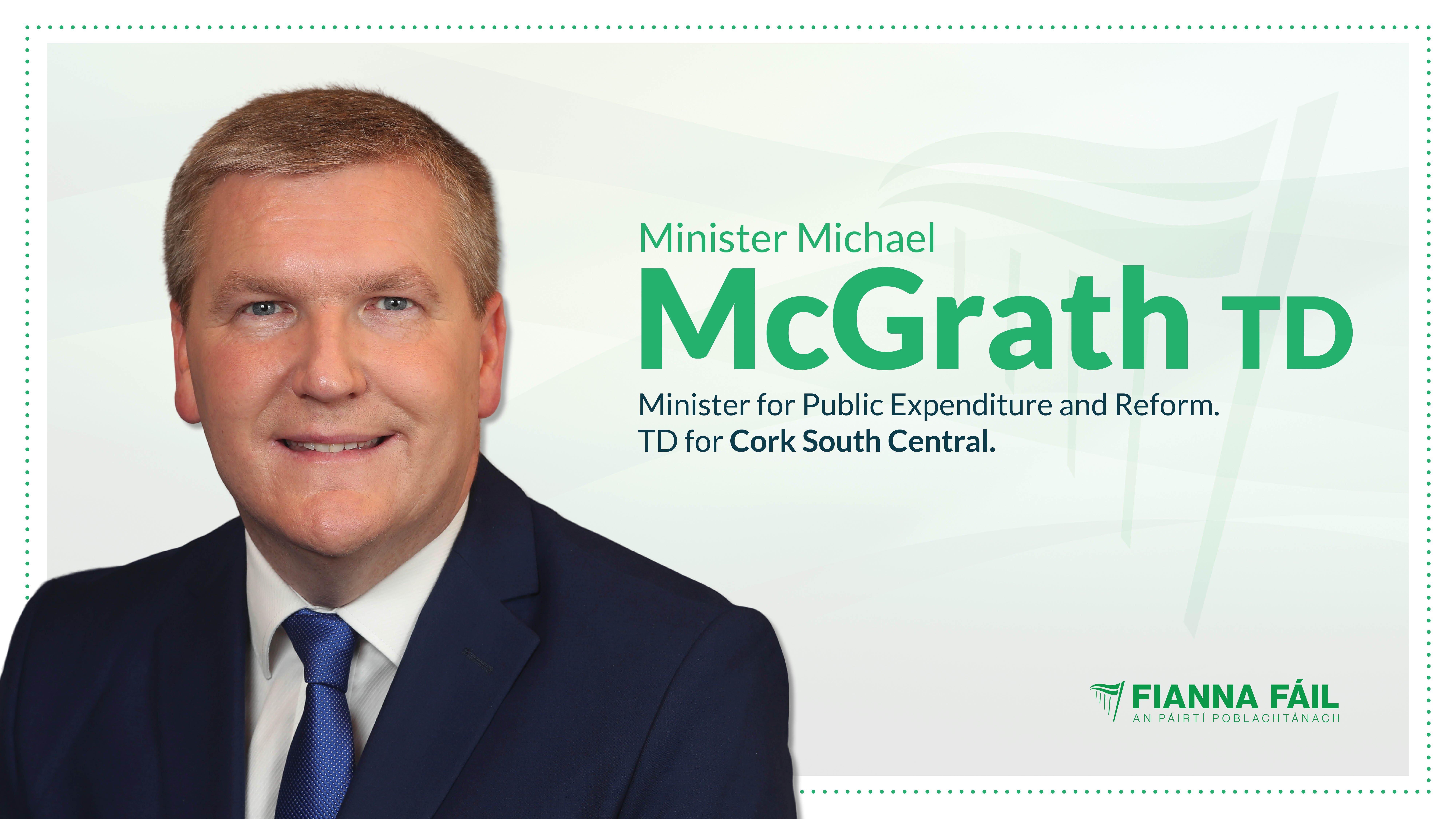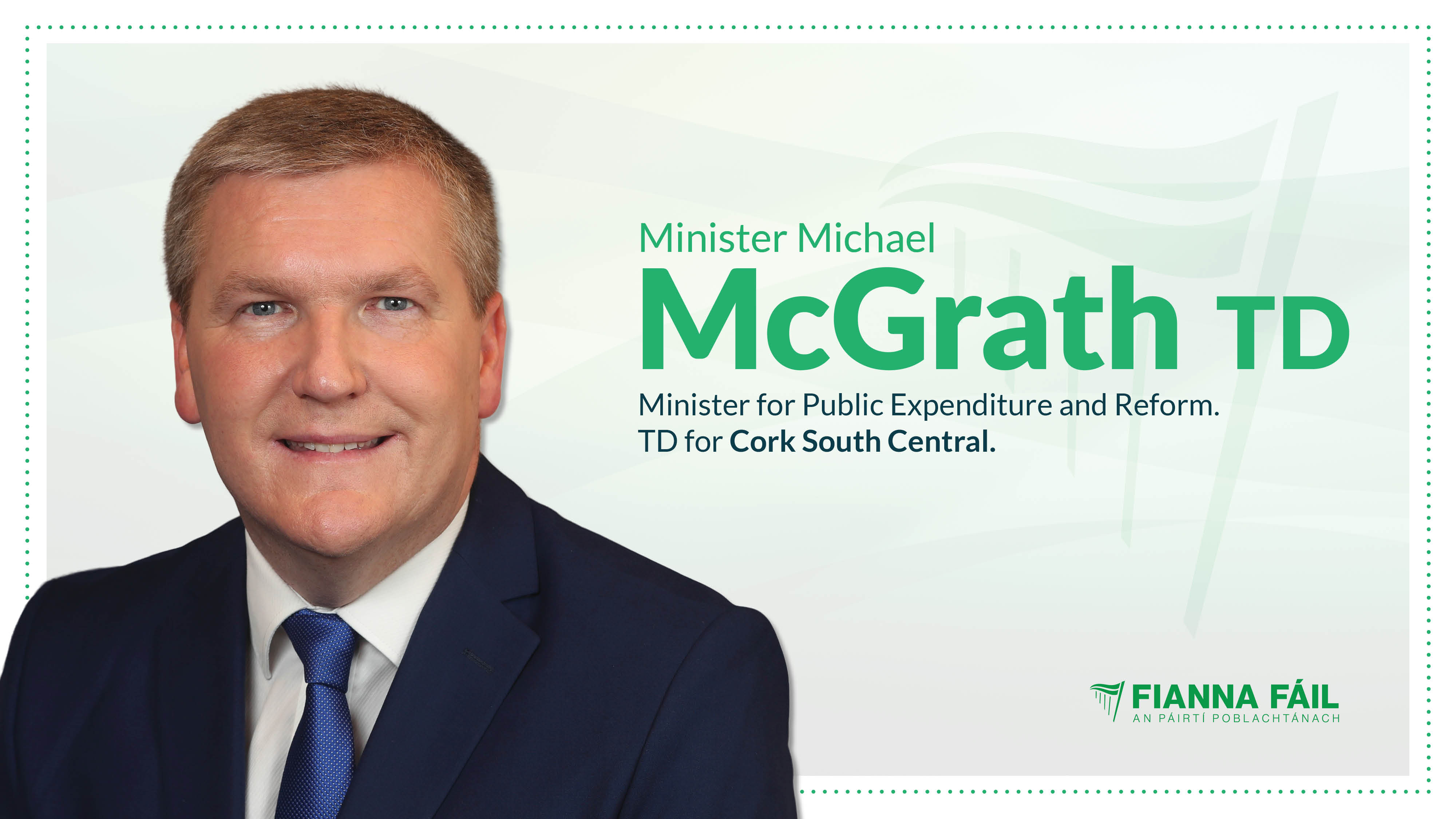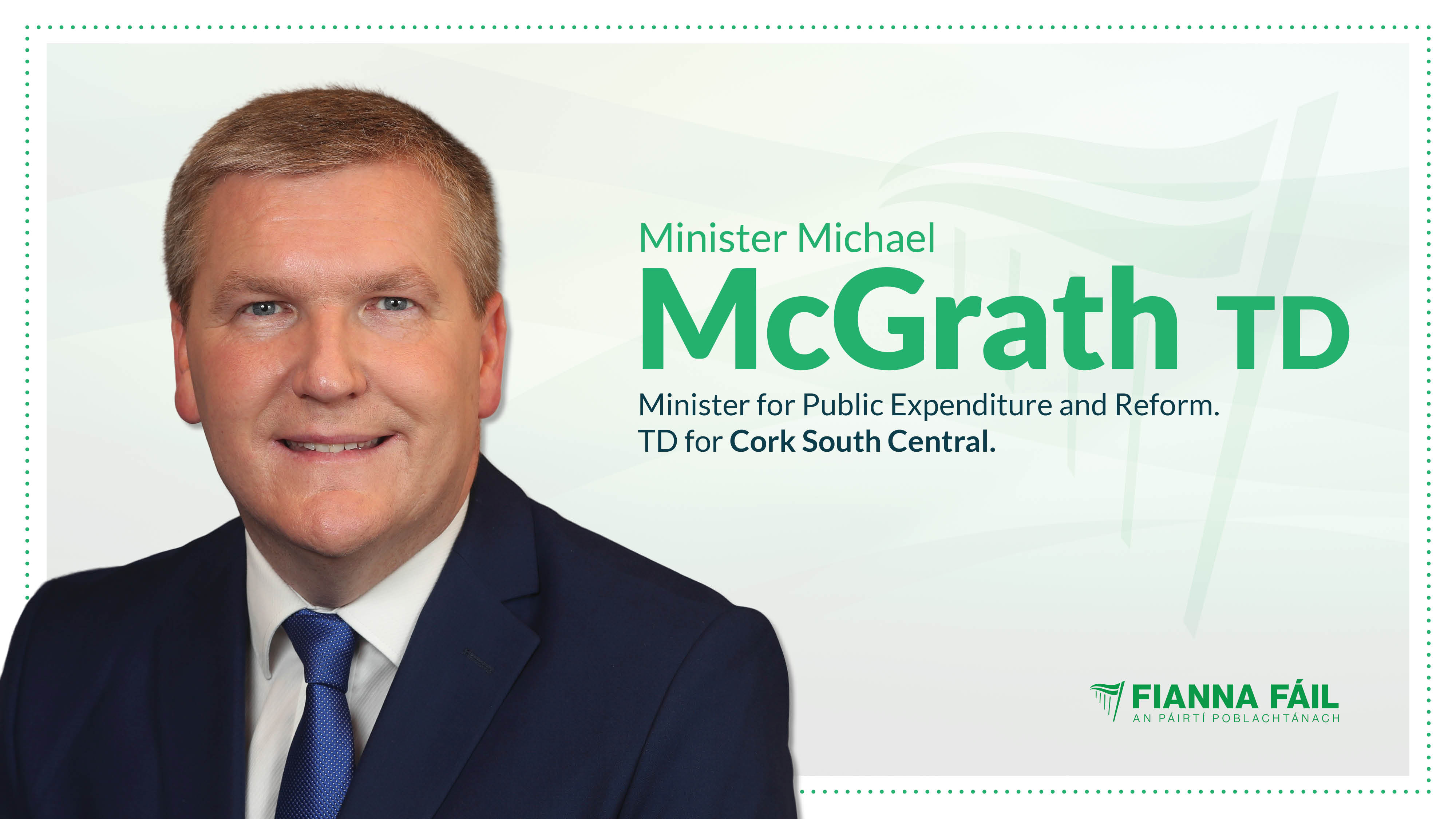Minister McGrath announces details of interim measures to address the impact of Construction Material Price Inflation on Public Works Projects
Published on: 26 November 2021
Steel and timber products in particular have seen substantial, sustained increases since the middle of last year, and they have been joined in this regard by materials such as insulation and plastics since early in 2021. In addition to this, certain materials are in short supply or have longer delivery times.
Supply chain disruption caused by the pandemic, and, to a lesser extent Brexit, is the root cause of these price increases which are sustained by increased demand driven by the various economic stimulus plans announced globally.
It is not evident yet as to the duration of the prevailing market conditions, the potential for further price increases, or whether prices might return to prior levels.
Since the risk of inflation largely passes to contractors under the public works contracts, contractors are reluctant to commit to a price that may be submitted many months before the works commence with no opportunity to seek additional payment to cover price increases over the construction phase.
Outlining the details, Minister McGrath said:
"I recognise the problems that these exceptional material cost increases are having on public projects at present. I have been working with my officials considering the optimum means to bring greater certainty with respect to future tenders in light of these cost increases.
"I am conscious of the difficulties being experienced by public bodies in progressing their projects due to sustained construction material price increases whilst at the same time I need to safeguard the interests of the taxpayer.
"In response to these challenges and to mitigate potential impacts upon the National Development Plan, I am announcing interim measures to address two aspects of immediate and short-term concern for 'live' and 'future' public works tenders.
"These measure are intended to engender confidence in the tender, award and operation of public work contracts so that the taxpayer is not paying a premium for price increases that may never materialise whilst accepting the potential for additional payments to contractors in the event that further significant price rises occur".
The Office of Government Procurement (OGP) is issuing today procurement guidance to assist public bodies in managing the challenges they face concluding live tenders in light of the significant price increases that have arisen since the tenders were submitted.
This guidance is aimed at contracting authorities who have invited or received tenders and covers the following situations:
1) Where tenders have been received but a Contract is yet to be awarded,
2) Those live tenders where the deadline for receipt of tenders has not passed; and
3) Tenders that are yet to commence.
With reference to future tenders, interim amendments to the provisions in the public works contracts will be introduced in December which will, within certain parameters, reduce the level of risk of extraordinary price inflation that contractors will have to bear.
These will:
(a) address the period between tender submission and award through limited indexation of the tender price,
and
(b) reduce the fixed price period to 24 months and permit mutual cost recovery within the fixed price period for material price changes in excess of 15%.
Further amendments on price inflation will be developed for consultation with stakeholders in 2022, which will form part of the ongoing Capital Works Management Framework and the commitments in Housing for All.
The procurement guidance note, revised forms of public works contracts and instructions to tenderers will be available shortly on the Capital Works Management Framework website.


